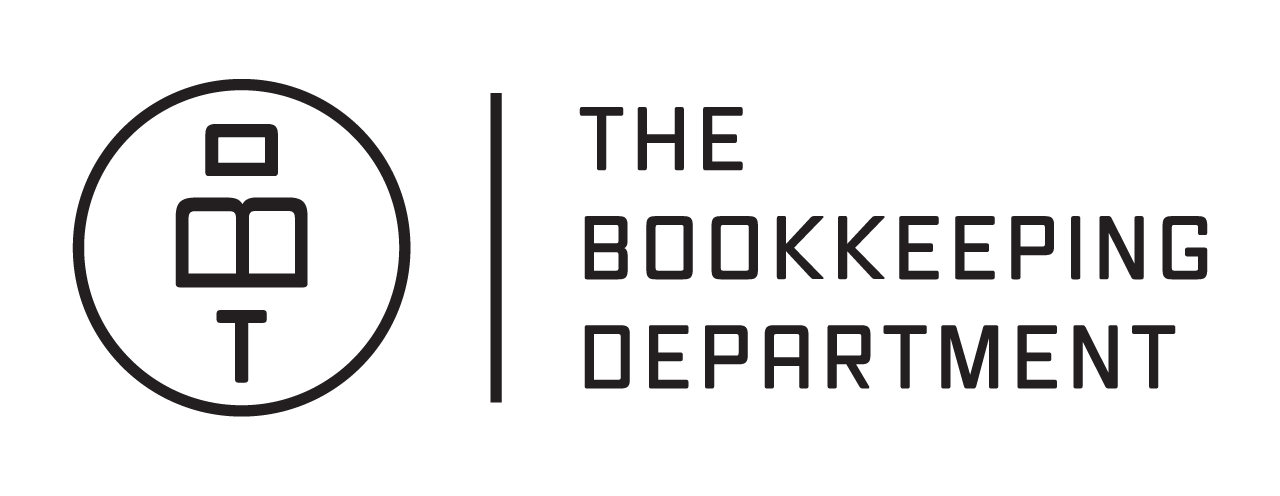Last night the government announced phase 2 of their small business stimulus package. As a follow-up to our previous post on assistance that is available to small and medium businesses, I have included more some info on the recent announcement and other assistance that has been announced by the ATO and government over the last few days.
I will follow-up with a post on the measures that will be available to our employees should layoffs become an unfortunate necessity.
If you require any assistance with accessing any of these rebates or stimulus measures, please contact us.
$100,000 for small businesses
The government is increasing the original PAYG rebate it had in last week’s small business stimulus package. It will now cover 100% of the PAYG withholding tax small businesses pay to their employees up to a cap of $100k. The minimum businesses will receive is $20k.
PAYG withholding rebate – specifics and timing
The enhanced scheme (called Boosting Cash Flow for Employers) is made up of 2 parts, to be delivered starting April 28 through to Oct 28. Treasury has released a detailed guide, but here is the summary:
- Boosting Cash Flow for Employers: Employers will receive a payment equal to 100 per cent of their PAYG withheld (up from 50 per cent), with the maximum payment being increased from $25,000 to
$50,000. This covers the period Jan – Jun 2020. - Additional payment: An additional payment is also being introduced in the July – October 2020 period equal to the total of all of the Boosting Cash Flow for Employers payments
they have received (up to a total of $50,000).
The timing and amounts to be received will depend on whether you are on quarterly or monthly IAS.
- Quartly BAS: Those who remit their PAYG withholding on a quarterly basis will receive the following payments:
- 28 April: 100% of PAYG withheld for Jan – Mar 2020 quarter
- 28 July: 100% of PAYG withheld for Apr – Jun 2020 quarter
- 28 July: Additional payment of 50% of the above 2 payments
- 28 October: Additional payment of 50% of the initial 2 payments
- Monthly IAS: Those who remit their PAYG withholding on a monthly basis will receive the following payments:
- April 21: 300% of PAYG withheld for Mar 2020
- May 21: 100% of PAYG withheld for Apr 2020
- Jun 21: 100% of PAYG withheld for May 2020
- Jul 21: 100% of PAYG withheld for Jun 2020
- Jul 21: Additional payment of 25% of the initial 4 payments
- Aug 21: Additional payment of 25% of the initial 4 payments
- Sep 21: Additional payment of 25% of the initial 4 payments
- Oct 21: Additional payment of 25% of the initial 4 payments
Both the Boosting Cash Flow for Employers and the Additional payment will be capped at $50,000 each, with a minimum payment of $10,0000 each.
Payroll tax waived for 3 months
NSW has announced that it will waive the payment of payroll tax for businesses with payrolls of up to $10 million dollars for the 3 months to 30 June 2020.
The premier also announced that they will be bringing forward the increase of the payroll tax threshold by 1 year to $1 million (up from $900k) from 1 July 2020.
Unsecured loans available to SMEs
In addition last week’s announcement that the RBA and federal government have made available $105b for the banks with incentives that they use it to issue loans to small and medium businesses, the goverment announced that it was providing guarantees to unsecured loans for small and medium businesses.
Loans of up to $250k will be available for small and medium businesses (turnover of less that $50m) for working capital purposes (eg cover rent, salaries etc). These will be unsecured and also interest free for six months.
As the government is guaranteeing 50% of the value of these loans, we can assume that the standard credit criteria and assessments will be loosened to make these loans available to more businesses.
No cash to pay Super payments
Legally, the ATO cannot extend the due date to pay the super guarantee contributions for your employees. Their advice is to pay as much as you can by the due date, even if you can’t pay in full. This will reduce the super guarantee charge for late payment.
If you didn’t pay the full super guarantee by the due date:
- lodge a Super guarantee charge statement
- pay the charge to the ATO
- If you do this within the month, there will be no penalties. Interest will still apply.
- If you have trouble paying the super guarantee charge, we can work with the ATO to set up a payment arrangement.
PAYG instalments deferrals or reductions
There are a couple of options available if you are a quarterly pay as you go (PAYG) instalments payer, depending on whether you think your tax payable amount will be similar or reduced in this financial year.
- If you believe that your business will still have the same tax at the end of the year, but you need cash flow relief now:
You can ask the ATO to withdraw your instalment notice for the next two quarters, so you don’t have to pay more instalments this financial year. They can also backdate the withdrawal to the start of this financial year, so you can get a refundable credit for the payments you have already made. However, you will still need to pay your full tax liability when you lodge your tax return at the end of this financial year
- If the instalments you have been paying will be more than the tax liability you will owe at the end of the year, you can vary the instalment amount. You can even vary it to an amount that will trigger a refund of some or all of the amounts already paid this year.
The ATO have stated that they will not apply penalties or charge interest to varied instalments for the 2019–20 financial year.
Deferral of tax payments
Payment due before 23 January 2020:
The ATO will not allow a deferral for tax payment that were already due before 23 January 2020. However you can request a:
- remission of interest that has accrued on those debts from 23 January 2020
- interest-free payment arrangement. Also see questions about Interest and penalties.
Payments due from 23 January 2020
The ATO are allowing you to request a deferral of due dates for tax payments that were due after 23 January 2020.


Recent Comments